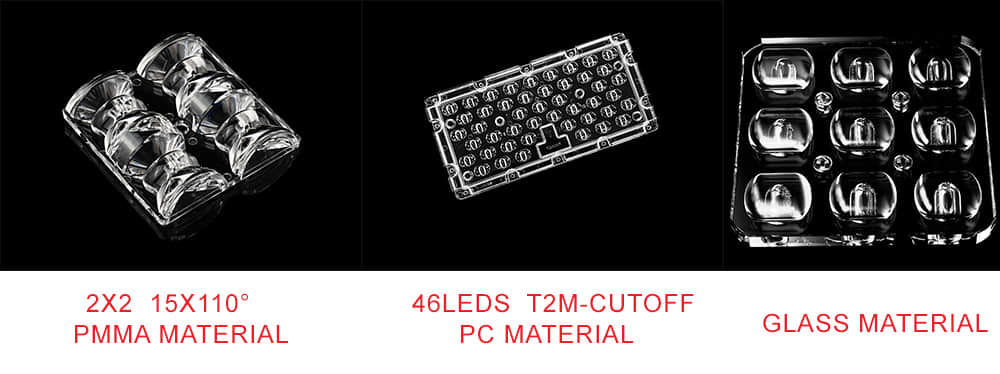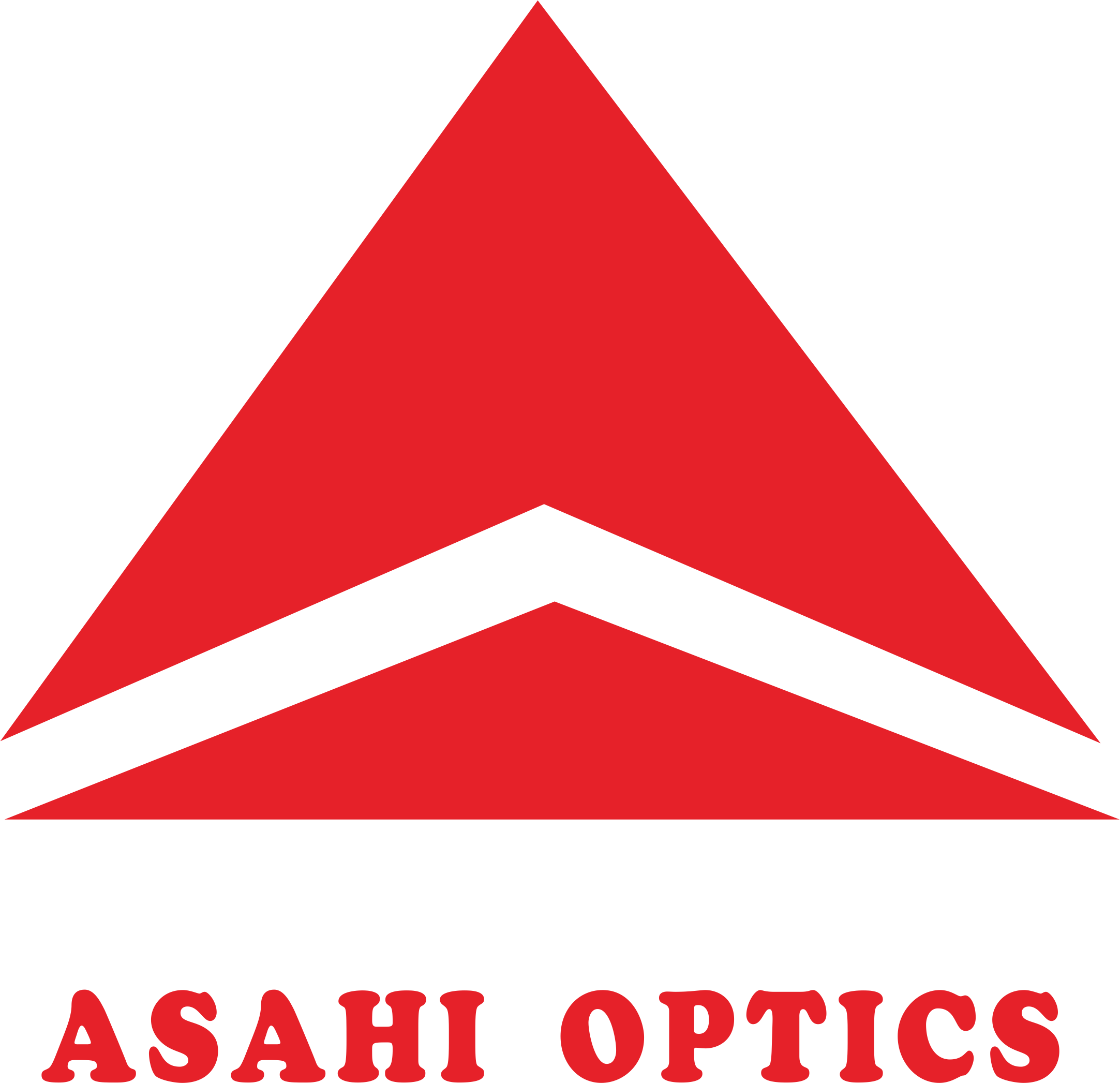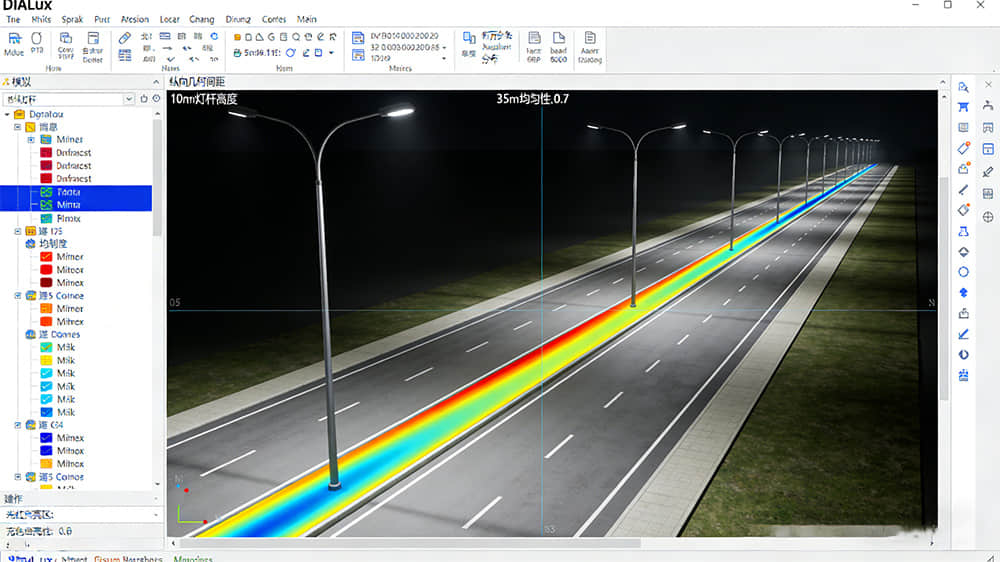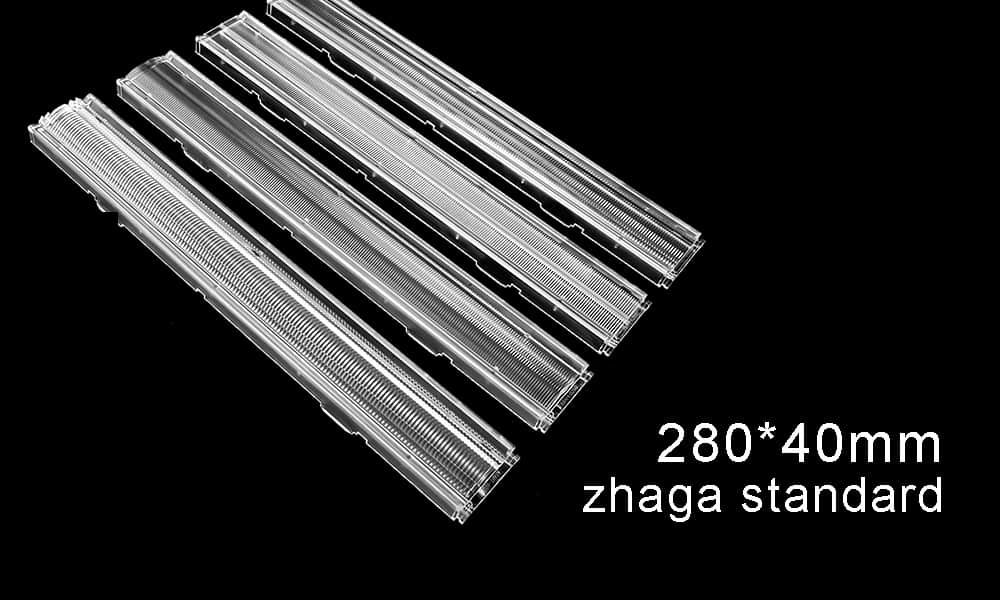In LED lighting design, optical lenses are core components for shaping light. Their performance determines the efficiency, light distribution, and ultimate luminous efficacy of the lamp. Different lens materials have varying impacts on the performance.
We all know that different applications have distinct requirements for heat resistance, light transmittance, weather resistance, and cost. As a professional optical lens manufacturer, Asahi Optical will objectively analyze common LED lens materials to help you select the most appropriate one based on your project needs.
PMMA, PC, and Glass Materials
Currently, the mainstream LED lens materials on the market fall into three main categories: polymethyl methacrylate (PMMA), polycarbonate (PC), and glass. Let's first discuss their advantages and disadvantages.

1.PMMA (Acrylic)
Advantages: Its light transmittance is extremely high (over 92%), even exceeding that of some types of glass. Its excellent UV resistance ensures it resists yellowing and aging during long-term outdoor use, maintaining high light transmittance over time. PMMA also offers excellent scratch resistance and surface hardness.
Disadvantages: It has poor heat resistance, with a heat deflection temperature typically around 90°C. When used in high-power LED lamps, the high temperatures generated by the chip may cause PMMA lenses to deform. It also has relatively poor toughness, is brittle, and lacks the impact resistance of PC.
2.PC (Polycarbonate)
Advantages: It has excellent heat resistance, with a heat deflection temperature exceeding 125°C, making it easily able to withstand the heat generated by high-power LEDs. Its exceptional impact resistance earns it the reputation of "unbreakable glass," making it ideal for use in environments with potential physical impact, such as stadiums and industrial plants.
Disadvantages: Its light transmittance is slightly lower than that of PMMA (typically between 88% and 90%). Its primary disadvantage is its weak UV resistance. Without a UV inhibitor, prolonged outdoor use in sunlight can lead to yellowing, resulting in a decrease in light transmittance and light quality. Its soft surface makes it more susceptible to scratching.
3.Glass Lenses
Advantages: High transmittance (up to 97%), high-temperature resistance, and long lifespan. Glass lens interconnects overcome the limitations of traditional PC lenses.
Disadvantages: Compared to the other two materials, glass is more fragile and limited in shape, making mass production difficult, inefficient, and costly.
As mentioned above, glass production is costly and difficult to mass-produce, so PC and PMMA are more suitable for market demand.
How to Choose a Material Based on the Application Scenario?
Choosing an optical lens material isn't a simple choice; it's a comprehensive decision-making process. A reputable optical lens design manufacturer will provide the following guidance:
For example, when choosing PMMA:
- Outdoor lighting: such as streetlights and exterior wall washers. Its excellent UV resistance ensures long-term yellowing resistance.
- indoor lighting: such as downlights and linear lights, where heat generation is manageable.
- Projects requiring the highest optical precision and light efficiency: Utilize its highest light transmittance to achieve ultimate efficiency.
For example, PC is chosen for the following situations:
- High-power lighting, such as floodlights and mining lamps, generates heat that requires PC to withstand.
- Safety-critical environments, such as schools, gyms, and low-temperature environments, require PC to withstand the impact of lens breakage.
- Lenses requiring complex structure designs: PC's high toughness allows for more flexible designs without breaking.
At Asahi Optical, our mission is not just to manufacture lenses; we are your trusted optical lens design manufacturer. Through our expertise and advanced processes, we can tailor custom lens solutions that overcome material limitations and perfectly meet your project needs. Contact Asahi to customize LED lenses for your lighting project.



